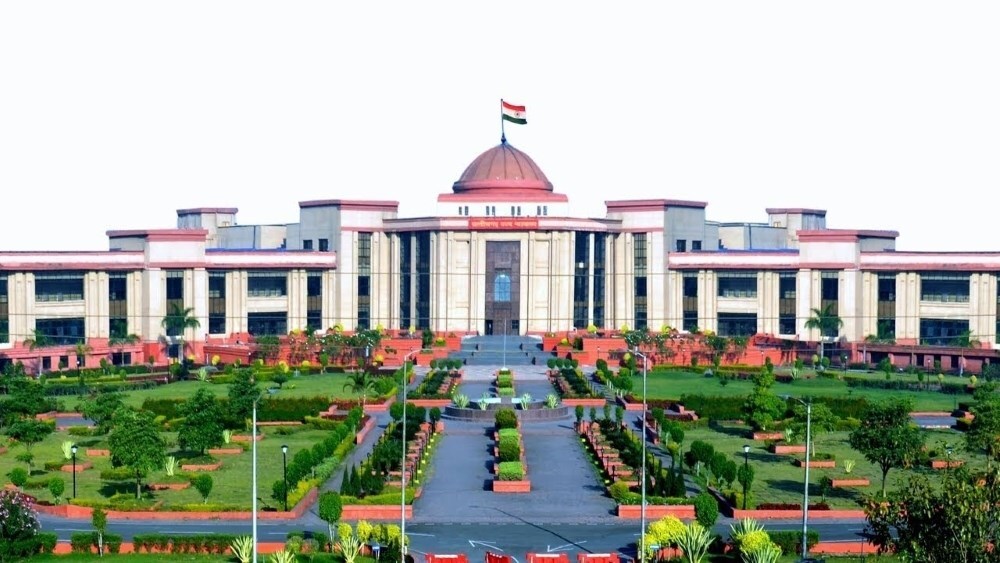您想继续阅读英文文章还
是切换到中文?
是切换到中文?

THINK ALUMINIUM THINK AL CIRCLE

The Chhattisgarh High Court has made a significant ruling regarding Bharat Aluminium Company Limited (BALCO), focusing on whether Input Tax Credit (ITC) can be claimed on the Compensation Cess charged on imported coal.

The Chhattisgarh High Court has turned down BALCO's appeal, stating that the Input Tax Credit (ITC) for Compensation Cess can't be claimed for the electricity supplied to its employee township. The court made it clear that this kind of supply doesn't count as an activity done "in the course or furtherance of business" according to the Central Goods and Services Tax (CGST) Act, 2017.
BALCO, located in Korba, Chhattisgarh, stands out as a top producer of aluminium products. The company runs its own power plants and sources coal through imports, which means it incurs a GST Compensation Cess on those transactions.
The electricity produced by BALCO’s captive power plants serves a variety of purposes, is sold to State Electricity Boards and even powers part of the company’s residential township for employees. The main issue at hand is whether the ITC can be claimed on the Compensation Cess charged for the electricity supplied to this township.
The company has submitted a refund application for ITC totalling INR 7.45 crore (USD 893 thousand) for February 2019. However, the tax authorities rejected part of this claim, specifically INR 51.5 lakhs (USD 58.5 thousand), on the grounds that the electricity provided to the employee township was not eligible for ITC.
The Joint Commissioner (Appeals) upheld the previous decision, which led the company to file writ petitions in response. However, a Single Judge dismissed these petitions in a standard order dated 31.07.2025, setting the stage for the current intra-court appeals.
Also read: BALCO begins production at India's largest smelter, entering the million-tonne league
Mr Bharat Raichandani, who spoke on behalf of the company, made the case that providing electricity to the employee township is indeed an activity “in the course or furtherance of business” as outlined in Sections 2(17) and 16(1) of the CGST Act. He pointed out that this provision is crucial for attracting skilled workers to a remote area and for keeping manufacturing operations running smoothly.
The counsel argued that the change to Explanation 1(d) of Rule 43 of the CGST Rules, which came about through GST Notification No. 14/2022, is meant to clarify existing provisions and should therefore apply retroactively. He also pointed out that the Single Judge’s ruling was lacking in thorough reasoning and did not fully take into account the arguments and relevant legal precedents.
In response to the appeals, Mr Rahul Tamaskar, who represents the government, argued that providing electricity to the residential township is a welfare initiative and is not directly tied to the firm’s main manufacturing activities.
He pointed to the Supreme Court cases of Maruti Suzuki Ltd. v. CCE and Gujarat Narmada Fertilizers Co. Ltd. v. CCE, arguing that the Input Tax Credit (ITC) is a benefit that only applies to electricity used within the factory and not for any power that’s “wheeled out” for other uses. He also argued that the change to Rule 43 should be seen as prospective rather than retrospective, given that Section 164(3) of the CGST Act was not applied.
After carefully considering the opposing arguments, the Division Bench, which includes Chief Justice Ramesh Sinha and Justice Ravindra Kumar Agrawal, pinpointed two key issues that need to be resolved. Firstly, does providing electricity to the employee township count as an activity "in the course or furtherance of business?" and secondly, does the amendment to Rule 43 have a retrospective effect?
The court upheld the Single Judge’s decision, stating that ITC is more of a regulatory concession than a fundamental right. Referring to Supreme Court rulings in Maruti Suzuki and Gujarat Narmada Fertilisers, the court determined that ITC cannot be claimed for electricity used externally for residential purposes, as it is not consumed within the factory for manufacturing. Additionally, the court found that the precedents brought up by the company do not apply to the specifics of this case.
The court sided with the Single Judge regarding the issue of retrospectivity, stating that the addition of Explanation 1(d) to Rule 43 broadened the definition of exempt supplies instead of simply clarifying what was already there. Since the rule-making authority did not specify that the amendment was to be applied retroactively under Section 164(3), it was considered to be prospective, taking effect only from July 5, 2022.
The court has thrown out all the writ appeals submitted by the company, standing by the Single Judge's standard order. It confirmed that providing electricity to the employee township does not count as an activity "in the course or furtherance of business." Also, it stated that the changes to the CGST Rules can't be applied retroactively. No costs were awarded.
Responses


